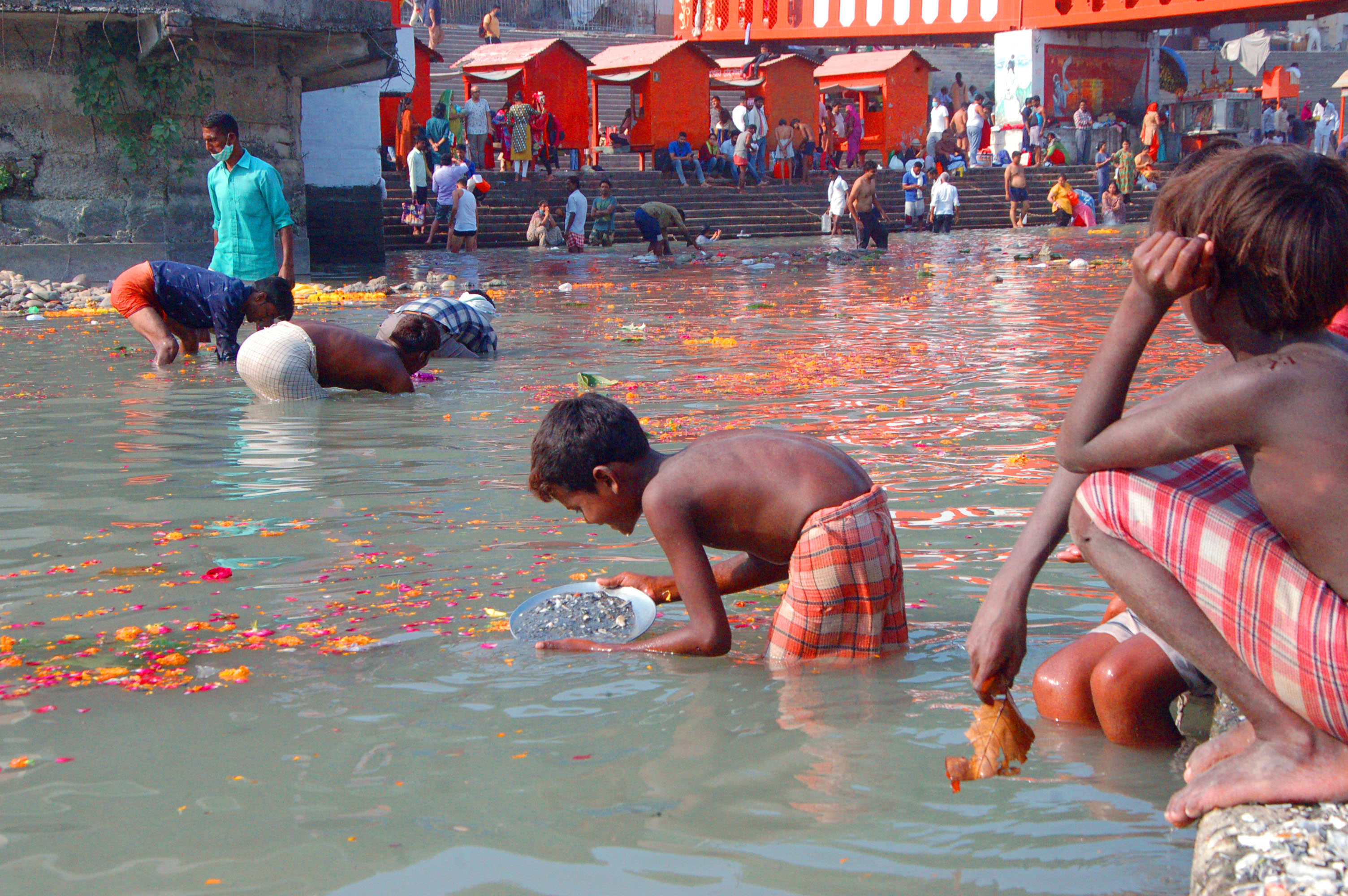New Delhi: Every eight minutes, a child goes missing in India. According to the annual National Crime Record Bureau’s (NCRB) “Crime in India” 2019 report, a total of 73,138 children were reported missing last year. The report also states that the number of missing children has increased by 8.9% in 2019. In 2018, the number of missing children was 67,134. A total of 71,253 children were recovered.
It is frightening that these millions of missing children end up in forced labour, slavery and sex work and sadly, this has turned into a lucrative business.
According to the Delhi government’s missing child web portal, in the last one month, 328 children went missing, whereas 376 have been recovered by the police during the same period.
Earlier this year, to improve their missing child tracking record, Delhi Police had prepared a blueprint for giving rewards or promotions to policemen if they traced such children early. According to the Delhi Commission for Protection of Child Rights’ Quarterly Performance Report, in the last three months, the Commission has issued notice to Delhi Police in 850 cases to trace these children on top priority.
Dr Eish Singhal, DCP, New Delhi, told The Sunday Guardian: “Our scheme of rewarding cops for tracking missing children is helpful. We also have prompt registration for such children just like in rape cases.”
The coronavirus pandemic has also worsened the situation. According to DCPCR, traffickers have been targeting poor families in states like Bihar and persuading family members to send their children on the pretext of giving employment.
Amod K. Kanth, a social activist and founder of NGO Prayas, told The Sunday Guardian that due to this pandemic, the cases of missing children have drastically increased.
“The Childhelpline has conducted a study which shows that nearly 2.7 lakh calls have been received during this period. The data shows that a large number of children got separated during the pandemic. Delhi Police’s incentive scheme is worth appreciating. This scheme helped track down a large number of children. This is unusual as no other police across the country have done it; yet Delhi Police did it,” he said.
The social activist also said that until 2009-10, the number of missing children reported to the police was hardly 30,000 to 40,000.
“After the intervention of the Supreme Court, now the cases are being reported properly. Due to this, the number of cases increased exponentially. Now, annually, there are more than 1 lakh cases. Nearly 20 million children are either orphans or are homeless or they happen to be separated from their families and parents. I prefer to call them ‘nowhere children’ because they are not accounted for. If these children are considered, the actual figures will be very high,” he said.
The Prayas founder also said that metro cities like Mumbai and Delhi have a high number of missing children cases. Meanwhile, Bihar, Uttar Pradesh, and parts of Odisha also have a high number of missing children.
“The number of children who go out due to a variety of reasons or are pushed out by their families is highest in Bihar,” said Amod.
On the reasons for a child going missing, he told The Sunday Guardian: “Those who come from a very poor background contribute more than 95% in these cases. Not even 5% of the children come from a middle class or upper-class background. It’s very clear. These children happen to be from socially and economically deprived sections of society.”
In 2009, the Ministry of Women and Child, under the Integrated Child Protection Scheme, recognised the need for a portal and a network to be created for tracing missing children by including the same in the Integrated Child Protection Scheme (ICPS) policy document.
The Central government has taken several steps to create a working mechanism across the country and rolled out the Integrated Child Protection Scheme and the Integrated Human Trafficking Units.
Portals like TrackChild have been developed by National Informatics Centre (NIC) adhering to the guidelines provided in the Juvenile Justice (Care and Protection of Children) Act, 2000 and Model Rules 2007. The portal has also been designed according to the provisions laid down in the Integrated Child Protection Scheme (ICPS). The software also provides facilities for mapping vulnerable locations that have a large number of children reported missing so that corrective action can be taken in these areas. Monitoring by senior officers of the action being taken by the police to trace the missing children has also been streamlined through software.
In 2013, the Supreme Court had directed the formation of Standard Operating Procedures (SOPs) for cases of missing children. The SOPs will help police, the Child Welfare Committee, and the Juvenile Justice Board in dealing with the cases of missing and found or recovered children. Several laws like the Juvenile Justice (Care and Protection of Children) Act, 2015 are already in place which support measures for institutional and non-institutional care of children in need. The Ministry of Women and Child Development also implements a Centrally sponsored Child Protection Services (CPS) for supporting the children.

